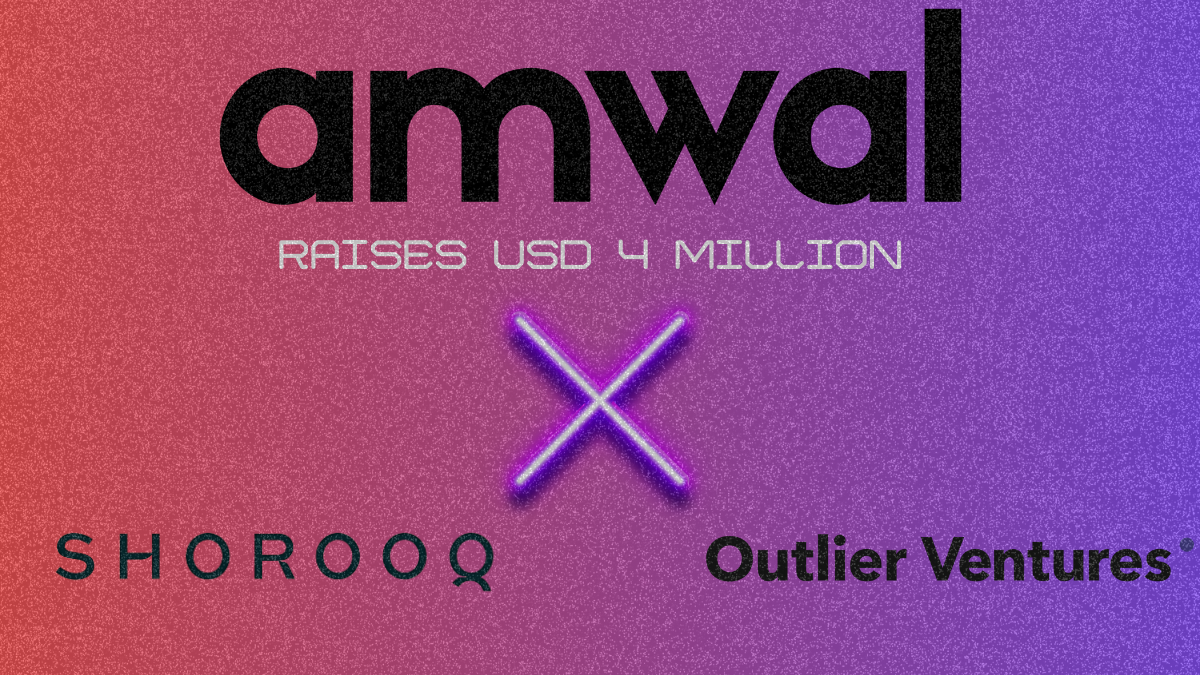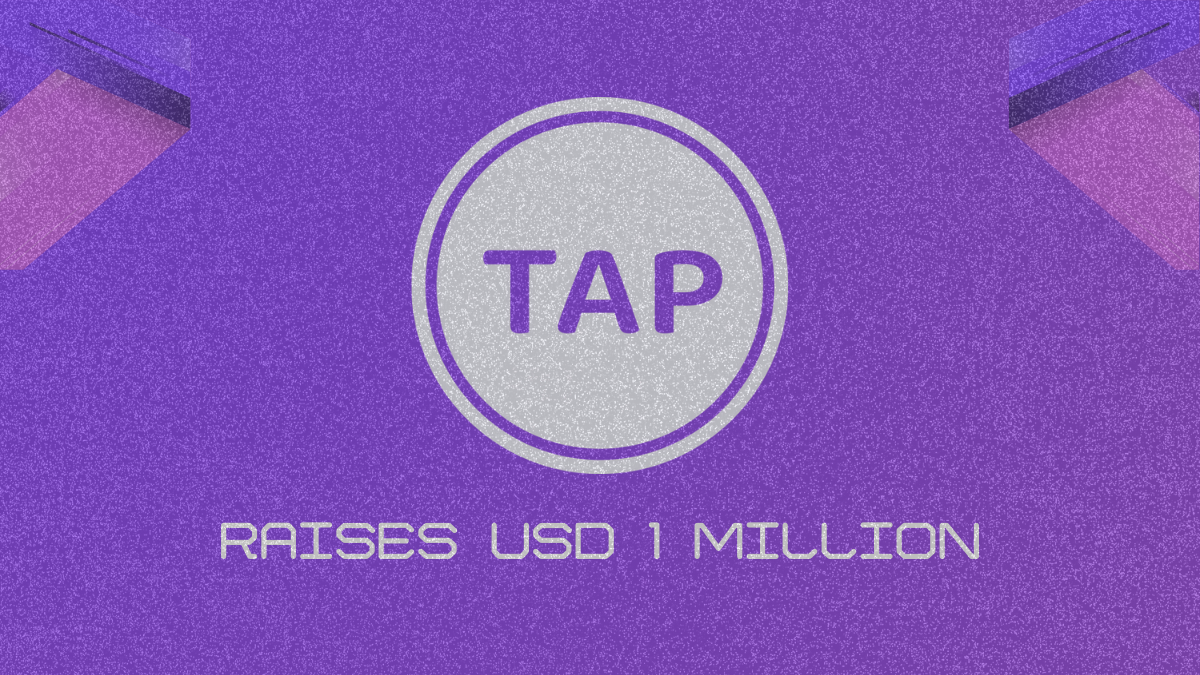Inside MENA’s E-commerce Boom: Meet the Startups Turning Clicks into Capital

4 min
A dynamic wave of entrepreneurship—fueled by soaring internet penetration and accelerated digital adoption—is transforming the MENA region’s e-commerce landscape. In just the past few years, a new generation of bold, innovative startups has emerged, redefining the way people shop and interact online.
At Arageek, we’re closely tracking this exciting evolution, spotlighting the fast-moving ventures that have secured impressive funding and captured the imagination of both investors and consumers. These agile startups aren’t just following global trends—they’re setting new ones, and they’re doing it at remarkable speed. Let’s take a closer look at the standout players driving MENA’s digital commerce revolution forward.
Rabbit Mart (Egypt)
- Founded: 2021
- Funding Raised: $11 million (Pre-Seed) in 2021
Cairo-based Rabbit Mart swiftly entered the spotlight thanks to its commitment to redefining convenience grocery delivery. Taking the bold promise to deliver daily essentials and groceries in an impressive 20-minute window, Rabbit Mart strategically disrupted Egypt’s E-commerce market, solving inefficiencies within traditional delivery services. Powered by its proprietary tech stack and micro-fulfillment centers across the city, it delivered thousands of products rapidly, revolutionizing consumer shopping expectations. Can Rabbit Mart’s ultra-rapid model continue setting a new regional standard in quick commerce?
Nana Direct (Saudi Arabia)
- Founded: Relaunched model in 2016
- Funding Raised: $213 million (over multiple funding rounds until early 2023)
Filling the gap in online grocery ordering, Nana Direct has swiftly risen in Saudi Arabia by facilitating rapid, reliable, and affordable grocery delivery. Focusing on tech-enhanced user experiences, Nana provides access to a broad variety of groceries sourced from local supermarkets and stores. This flexibility and improved service experience captured significant investor attention, making Nana one of Saudi Arabia’s fastest-growing startups of late. Driven by customer-centric innovation, could we see Nana expand region-wide following its huge success in the home market?
Chari (Morocco)
- Founded: Late 2020
- Funding Raised: $7 million with a company valuation of $100 million
Moroccan startup Chari taps another vital market niche, digitizing FMCG supply chains and facilitating inventory procurement for small shop owners. Recognizing that small grocery stores constitute the cornerstone of retail in Morocco, Chari provides store-owners with a convenient ordering-app, digitizing their daily procurement processes and helping them reduce costs. With phenomenal investor traction, Chari aims to expand operations beyond Morocco. Could Chari's scalable platform strengthen thousands of SMEs?
el-dokan (Egypt)
- Founded: 2020
- Funding Raised: Approx. $550,000 (Seed round)
Born from the vision of digitizing local merchants, Egypt's el-dokan is emerging as an intuitive storefront platform to help small and medium shop owners easily launch digital stores. Offering easily customizable platforms, delivery integration services, and simplified payment solutions, this fresh startup enables even non-tech-savvy merchants to embrace digital commerce rapidly. Could simplicity and ease-of-use give el-dokan an edge in Egypt’s competitive digitally-driven startup ecosystem?
Cartlow (UAE)
- Founded: Relaunched and scaled in 2019–2020
- Funding Raised: Approx. $20 million (Multiple funding rounds)
UAE-based Cartlow introduced an attractive model dedicated to sustainability and responsible e-commerce, selling refurbished electronics and reselling returned products at substantial discounts. Addressing challenges of excess stock and returns management in online commerce, Cartlow provides affordable, recycled product options to customers across UAE and Saudi Arabia. With impactful funding and sustainable innovation, Cartlow promises economic and sustainability wins—will it alter consumption patterns long-term?
Kemitt (Egypt)
- Founded: 2018
- Funding Raised: six-figure funding (undisclosed amount)
Kemitt, an innovative furniture E-commerce startup out of Egypt, leverages technology to bridge consumers directly with local furniture manufacturers. Ensuring fair pricing and high-quality design options, Kemitt solves traditionally fragmented furniture markets while empowering local craftspeople. Supported closely by investor confidence, this online platform is gaining quick traction in a relatively traditional market. Could Kemitt become a model for industry-specific online marketplaces region-wide?
COFE App (Kuwait)
- Founded: 2018
- Raised Funding: Over $18 million (Series A & B over recent funding rounds)
Born in Kuwait, COFE app precisely addresses caffeine cravings across GCC countries, quickly revolutionizing the coffee ordering and delivery experiences. Allowing users to order their favorite coffee beverages and pastries conveniently through an intuitive app, COFE partners closely with local cafes, connecting coffee stores to digital customers efficiently. Partly driven by pandemic-era shifts in consumer behavior, this startup gained remarkable investment traction and user interest. Can COFE eventually caffeinate the broader region and become the region-wide Starbucks of digital coffee delivery?
Conclusion
From Egypt’s ultra-rapid Rabbit Mart to Saudi Arabia’s empowering Zid platform, the bold emergence and rapid funding of these youthful startups is transforming the landscape of MENA region’s E-commerce. By blending accessible technological solutions, swift service, and market-specific digital innovations, these startups promise sustained impact on consumer shopping and SME operations across the region. As we closely follow this dynamic sector continuing at Arageek, one question arises: Will these innovative players establish a lasting legacy alongside global giants in shaping the future digital and social commerce of the Middle East and North Africa?
 AI
AI Saudi Arabia
Saudi Arabia UAE
UAE Egypt
Egypt







